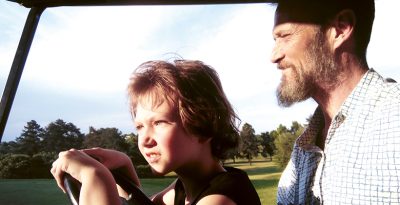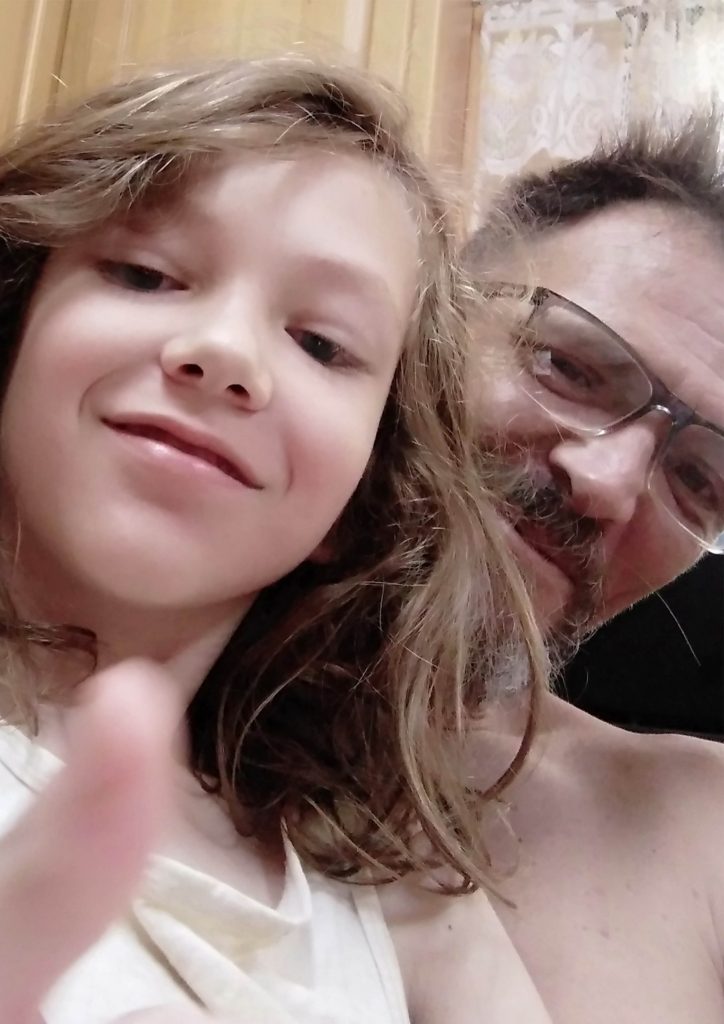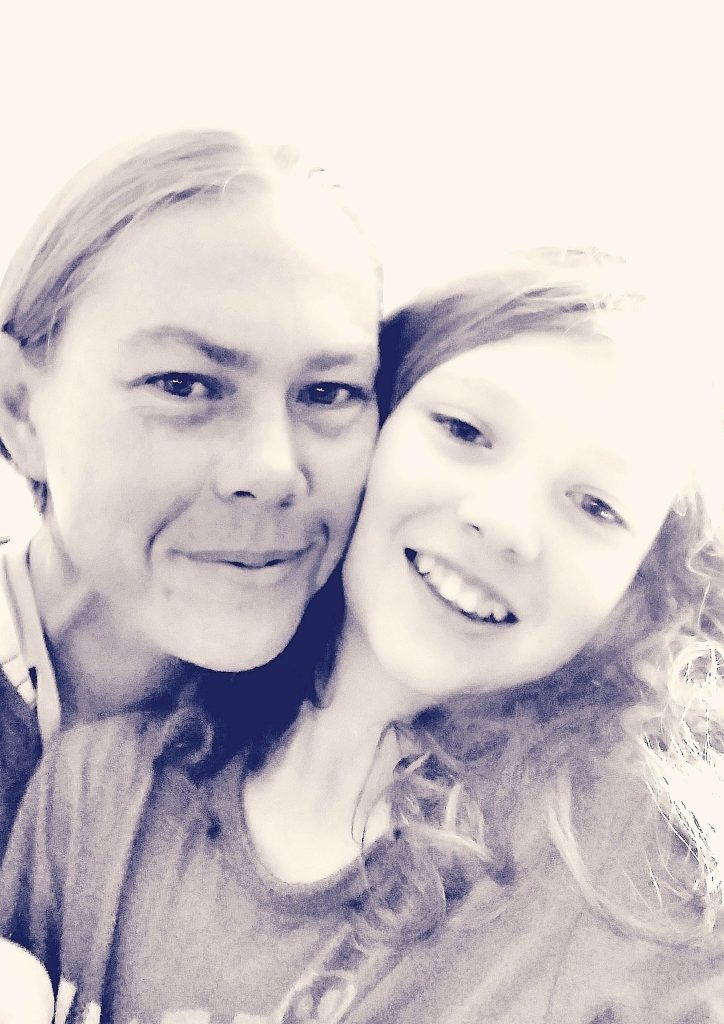Troyden’s diagnosis was followed with a very vague explanation about autism and how the family would face the future. “I started reading more about autism and researching how this happens, the causes, natural cures, effective teaching ways as well as behaviours, sensory overload, stimulation and nutrition, to name but a few,” says Cindy. “Thankfully, my husband Paul and I are gifted with a child that is physically sound and healthy in every other sense, and we are blessed to have a child that is happy most of the time when his anxiety is kept in check and we don’t upset routines too much.”
Cindy describes their path as one of learning, loving and getting to be taught by her child, which in itself is a gift. It’s seeing life from a different angle and gaining a new perspective of what life is all about – like the stars, sun and moon all being aligned, and suddenly making sense of the universe. “Sure,” she smiles, “it isn’t the life we imagined. Troyden’s autism threw us a curveball. But it is a life we never could have imagined. Autism is a different aptitude in an imperfect world. It is known as a disability, but as parents, we looked at his abilities and at what we can learn through our child who was lent to us.”
We soon realised that in our community, there is minimal immediate and future support for children on the autism spectrum. This also means that our child would have no place to reach his highest potential
While researching what steps to take to better her son’s quality of life, Cindy found that parents worldwide were facing the same issues she did. “We soon realised that in our community, there is minimal immediate and future support for children on the autism spectrum. This also means that our child would have no place to reach his highest potential, just like other children on the spectrum in the Lowveld. One question kept raising itself continuously; what would happen if the caregivers of the person with ASD were no longer there to take care of them?”
This is where Indigo Smiles Autism Foundation – Non-Profit Company comes in. It was started to ensure that every child or person living with autism and/or special needs with autistic traits can receive the life-changing treatments and therapies they require to live self-sustaining, meaningful lives as well as reach their potential and be included as valuable members of their communities.

Autism Spectrum Disorder is a neurological disorder and may improve with alternative education and healing methods as well as, and in conjunction with, specific therapies. It affects how a person communicates, behaves and interacts with others. It impacts their learning styles, auditory and sensory input and how they see the world around them.
Autism is also known as a ‘spectrum’ disorder, as it refers to a range of conditions and wide variation in the type and severity of symptoms people experience. “These conditions include ADHD, ADD, OCD, Sensory Processing Disorder, auditory disorders, epilepsy, social difficulties and more,” Cindy explains.
“Many autism families have no options or solutions available to them within our community. Some people can live relatively everyday lives; others will require a lifetime of specialist support at different times in their lives and may need crisis intervention from time to time.” Inspired by Troy, Cindy developed House of Troy, an optimal wellness and nutritional programme for children on the autism spectrum. House of Troy offers insight into essential nutritional components to learn more as a family about healthier options available to parents.
The constraints the current education system puts on certain individuals are somewhat counterintuitive to their ability to absorb information and process knowledge. In other words, not all of us learn in the same way. Autism, though not a new diagnosis, is an incredibly diverse disability and is rapidly becoming more prevalent worldwide.
“Children with autism and hyperactivity display symptoms of overactiveness, disruptive behaviours; they can’t relax and have a lack of focus and concentration, all of which affect a regular classroom setting. They also become too stressed to learn if overloaded with information and faced with choices, change and unsettled routines. This doesn’t create progress within a child; it creates regression, anxiety and other behaviour-related problems.”
No one really knows what causes autism, but according to the World Health Organization, currently, one in 160 children is diagnosed worldwide. “Sadly,” Cindy says, “in developing countries, the numbers are much higher at one in 50, and each year the statistics show an increase of children on the autism spectrum. This raises a lot of red flags, which we should be paying attention to.
We believe that every child with autism is unique, and entitled to receive the correct support and therapies they require to cope with the world and develop the skills necessary to lead self-sustainable lives.”
Details: www.isafoundation.org.za, www.houseoftroy.co.za or contact Cindy at [email protected]




